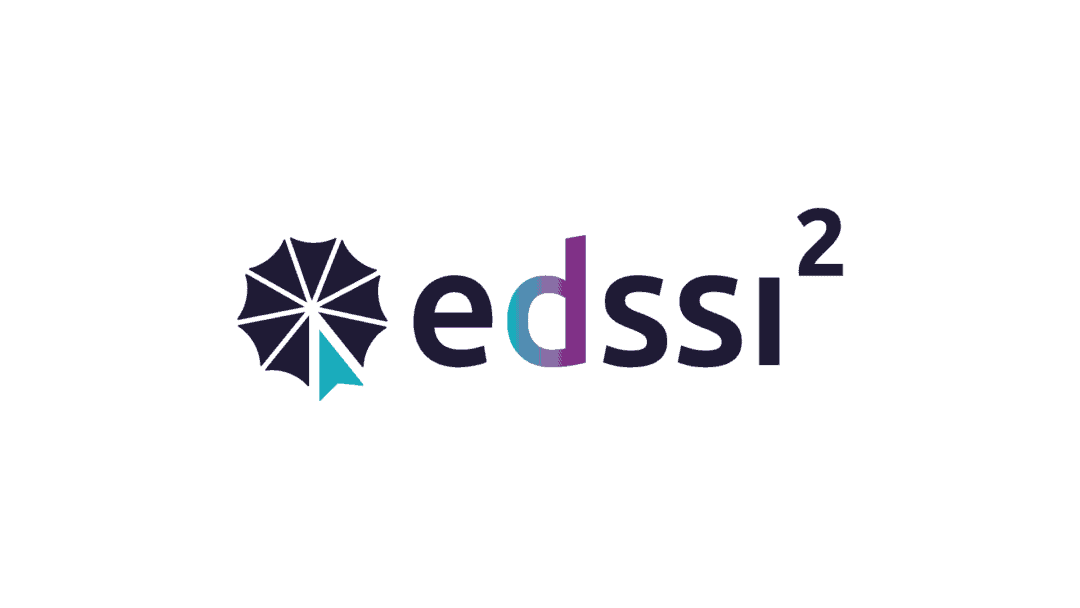The European Digital Student Service Infrastructure (EDSSI) level 2 project builds on the work initiated by the previous EDSSI project further developing the infrastructure created in order to expand the EU Student eCard core service platform.
Started: 2021
Funding: Connecting Europe Facility
Project budget: 1.995.284,88 €
Length: 2 years
Partners: 15
Making digital student cards interoperable? Integrating CEF building blocks to secure electronic transactions? Further developing the EDSSI infrastructure to expand the EU Student eCard core service platform? All these challenges are being addressed by the EDSSI Level 2 (EDSSI L2) project.
The EDSSI L2 project builds on the work initiated by the European Digital Student Service Infrastructure (EDSSI) project, funded under a previous CEF call. The EDSSI project is developing the EU Student eCard core service platform by consolidating and integrating a range of ongoing initiatives. The platform is delivering an integrated authentication and authorisation infrastructure that brings together citizens identities (eID/eIDAS) and higher education identities (eduGAIN) to create an interoperable infrastructure serving as a gateway to European/national/local nodes to exchange academic data and to access services. Building on this basis, EDSSI L2 will go one step further and deploy:
- An upgraded eCard solution that will build upon the premise of an EU-wide usable and compatible Student eCard. This new eCard will mark the first time that any student in Europe can use their card at any other institutions without the need for adding a broad range of local hard- or software. The technical infrastructure for this will be a further development of the standardised and open-source NFC interface delivered by the ongoing EDSSI project. This will be combined with an eIDAS based authentication module and a standardised eCard management solution for HEIs which are not equipped with card management systems.
- The deployment of the eSignature CEF building block to facilitate legal processes necessary for supporting the mobility of students abroad. The eSignature building block will be implemented to enable a myriad of use cases, but for the sake of concrete implementation it will focus on two specific use cases: accommodation and the online learning agreements. One major challenge for students going abroad is to find and secure a place to stay and thereby the eSignature building block is a safe way for them to secure their accommodation prior to their arrival.
Completing the EDSSI L2 proposal will mean that the technical infrastructure of the EU Student eCard will be comprised of:
- an authentication system based on eIDAS and eduGAIN;
- the HEI Registry and the already established Data Exchange Network;
- a set of new standardised software components for a seamless NFC interoperability of Student eCard;
- a standardised and open source eCard management system to pursue the objective of equipping all students with a European student card by 2025; and
- a set of eServices for students, including the planned eSignature service supporting students in their process of preparing their stay abroad.
The core service will also enable a bridge with the European Youth Card, opening the possibility for HEIs to co-brand their cards and substantially add value (and therefore services) for card holders.
This open-source technical infrastructure will be tightly integrated, compliant with the highest level of security and based on the EU General Data Protection Regulations and will be operated by a uniquely positioned consortium representing all relevant stakeholder groups with HEIs, Student Service Providers (SSPs), infrastructure providers, all previously involved in high-impact digitisation efforts in HE.
Stakeholders will be able to contribute to the design and development through forums for technical partners, business process owners, international relations offices and policy stakeholders and the knowledge base update will support users of the infrastructure through relevant technical and non-technical documentation enabling user feedback to allow for an efficient and agile roll-out.
Partners: Humboldt-Universität zu Berlin (HUB), European University Foundation (EUF), GEANT Vereniging (GEANT), University of Zagreb University Computing Centre (SRCE), Universitat de Barcelona (UC), Aristotle University Of Thessaloniki (AUTH), Studentenwerk Karlsruhe(SWK), Swedish Research Council (SRC), European Council for Students Affairs (ECSTA), Eötvös Loránd University (ELTE), Fondazione Ente Nazionale per il Diritto allo Studio e per i Servizi agli Studenti (ENDISU), Communauté d´Universités et Etablissements Normandie Université (UN), European Youth Card Association (EYCA).

